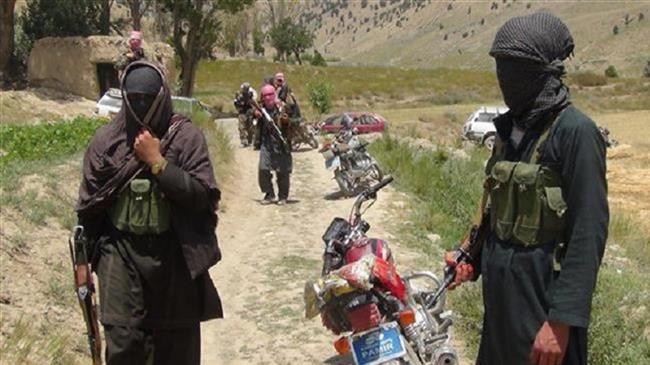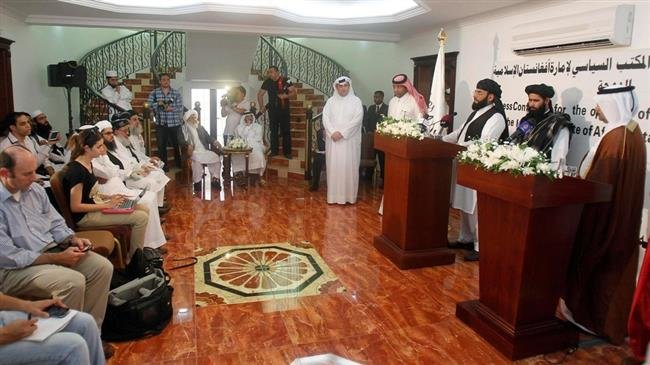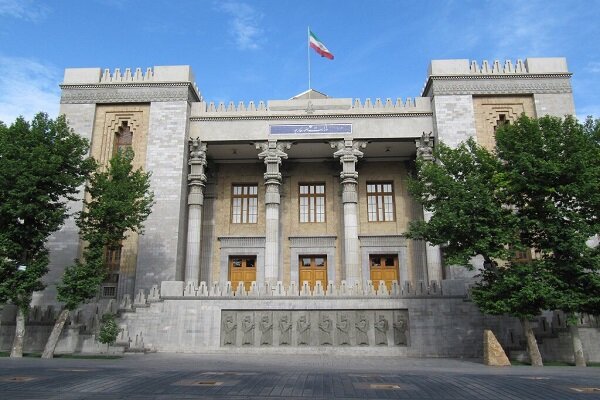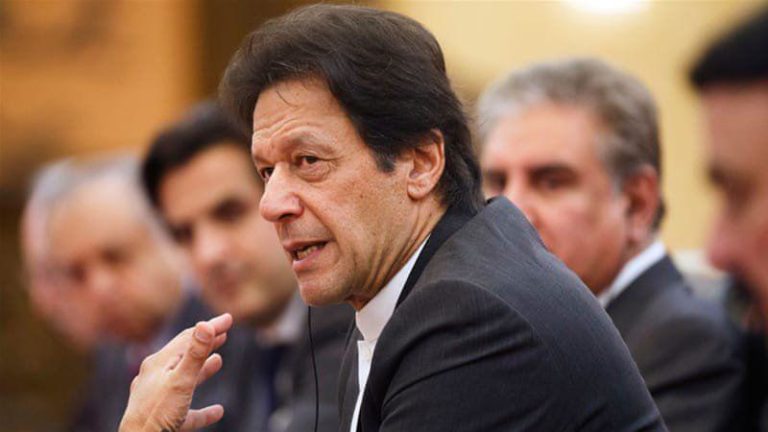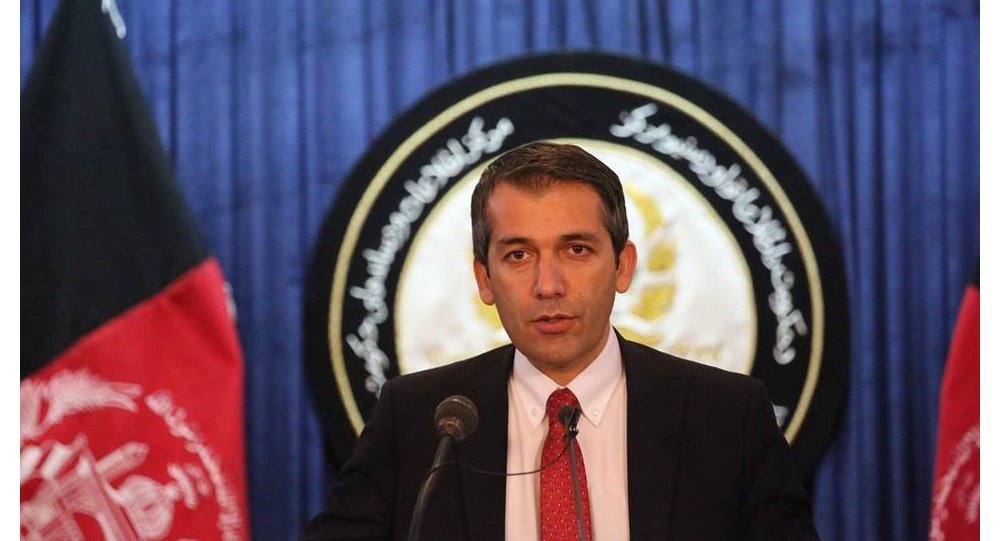The Taliban militant group is preparing to send a delegation for further talks with US officials in an attempt to end a 17-year-old war in Afghanistan.
Publish dateTuesday 11 September 2018 - 20:10
Story Code : 170553
AVA- Two officials involved with the process said on Tuesday that Taliban leaders were meeting to discuss the makeup of the three- or four-person delegation.
The Taliban delegation at the planned meeting would be led by Sher Mohammad Abbas Stanakzai, the interim head of the group’s Qatar-based political office.
However, they said the high command was planning to replace Stanakzai with a new permanent head of the Qatar office. “You may know Sher Mohammad Abbas Stanakzai was deputed in the Qatar office on acting charge basis. The top leadership is now planning to appoint someone else in his place.”
The officials, who spoke on condition of anonymity, said the meeting could address a possible prisoner swap. “We would hand over a list of prisoners languishing in jails across Afghanistan. If they set free our prisoners then we would meet again for another great cause.”
They said the Taliban would welcome another meeting soon if the United States showed seriousness in talks by releasing prisoners. “This meeting will determine the future talks and we would see if the US is serious and sincere in negotiation.”
The latest meeting would follow an earlier round of talks in Doha in July, where Taliban officials met Alice Wells, the Principal Deputy Assistant Secretary for South and Central Asia at the US State Department.
An assault by the Taliban on the strategic city of Ghazni last month that killed hundreds of soldiers, police and civilians underlined the militants’ determination to increase pressure on the US and its Western-backed government in Kabul.
Back in February, Afghan President Ashraf Ghani called on the Taliban to join peace talks “without preconditions.”
The Taliban refuse to negotiate directly with the internationally recognized Afghan government and say they will only talk to the United States.
The United States has agreed to participate directly and has appointed former US Ambassador to Kabul Zalmay Khalilzad as the special envoy to reinforce the effort.
Taliban’s five-year rule over at least three quarters of Afghanistan came to an end when the United States and its allies invaded the Asian country on October 7, 2001 as part of Washington’s so-called war on terror. The offensive removed the Taliban regime from power, but ever since, the group has been involved in widespread militancy, killing thousands of civilians as well as Afghan and American forces and displacing tens of thousands of people across the country.
The Taliban delegation at the planned meeting would be led by Sher Mohammad Abbas Stanakzai, the interim head of the group’s Qatar-based political office.
However, they said the high command was planning to replace Stanakzai with a new permanent head of the Qatar office. “You may know Sher Mohammad Abbas Stanakzai was deputed in the Qatar office on acting charge basis. The top leadership is now planning to appoint someone else in his place.”
The officials, who spoke on condition of anonymity, said the meeting could address a possible prisoner swap. “We would hand over a list of prisoners languishing in jails across Afghanistan. If they set free our prisoners then we would meet again for another great cause.”
They said the Taliban would welcome another meeting soon if the United States showed seriousness in talks by releasing prisoners. “This meeting will determine the future talks and we would see if the US is serious and sincere in negotiation.”
The latest meeting would follow an earlier round of talks in Doha in July, where Taliban officials met Alice Wells, the Principal Deputy Assistant Secretary for South and Central Asia at the US State Department.
An assault by the Taliban on the strategic city of Ghazni last month that killed hundreds of soldiers, police and civilians underlined the militants’ determination to increase pressure on the US and its Western-backed government in Kabul.
Back in February, Afghan President Ashraf Ghani called on the Taliban to join peace talks “without preconditions.”
The Taliban refuse to negotiate directly with the internationally recognized Afghan government and say they will only talk to the United States.
The United States has agreed to participate directly and has appointed former US Ambassador to Kabul Zalmay Khalilzad as the special envoy to reinforce the effort.
Taliban’s five-year rule over at least three quarters of Afghanistan came to an end when the United States and its allies invaded the Asian country on October 7, 2001 as part of Washington’s so-called war on terror. The offensive removed the Taliban regime from power, but ever since, the group has been involved in widespread militancy, killing thousands of civilians as well as Afghan and American forces and displacing tens of thousands of people across the country.
Source : خبرگزاری Afghn Voice Agency(AVA)
avapress.net/vdcamwn6e49n0m1.tgk4.html
Tags
Top hits
